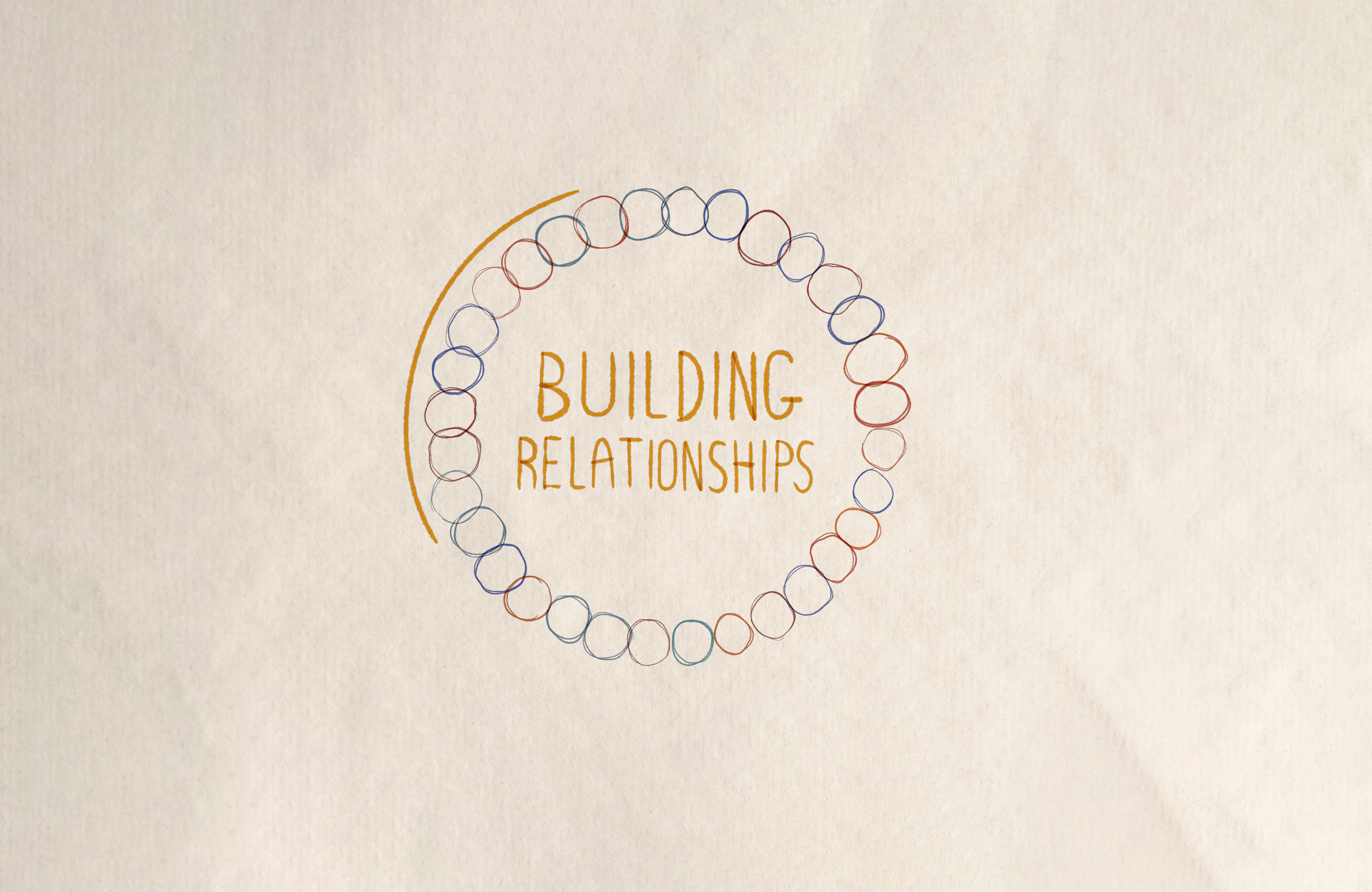What is Dialogue?

Dialogue, in general, is a process that involves mutual consultation in pursuit of common understanding through active and compassionate listening in order to discover similarities and understand differences in diverse perspectives and points of view. Dialogue is not a simple conversation, nor a debate. It is not about convincing others to agree with one’s perspective or convert them. The aim of dialogue is to overcome misunderstandings and dispel stereotypes in order to promote mutual understanding.
Dialogue is about developing mutual respect in order to build sustainable relationships. Dialogue focuses on clarifying both the similarities and the differences on any topic between two persons or groups of people. It builds bridges among those who are different to each other. It transforms human relationships from a state of ignorance or intolerance to a state of deeper understanding and respect for what is shared and what is not.
What is Interreligious/Interfaith Dialogue?
Interreligious (also sometimes called interfaith) dialogue follows the same definition as above, but with one difference: this dialogue takes place between people of different religious backgrounds who seek to learn more about one another. Interreligious dialogue is not about winning converts or theological discussion.
It concerns the discovery of similarities and differences between diverse religious/faith standpoints as a means of establishing trust and building a community of common purpose across religious boundaries. Through interreligious dialogue, religious communities can overcome perceived and real differences to collectively address challenges in their local, national, regional, or global contexts, such as hate speech, injustice, or environmental degradation.
The 10 Principles of Dialogue
-
Establish a safe space
-
Agree that the main purpose of dialogue is learning
-
Use appropriate communication skills
-
Set ground rules
-
Take risks, articulate feelings and confront perceptions with honesty
-
Place the human relationship first
-
Gradually address difficult questions and gradually establish distance from them
-
Do not try to skirt around difficult issues
-
Expect to be transformed
-
Bring transformation to others
Why Do We Need Dialogue?
Every day, we encounter different kinds of people. Sometimes these differences cause misunderstandings when other people’s appearance, beliefs or practices differ from our own. We ask ourselves: “Why do they do that? How can they believe that?” If we dismiss these differences too quickly, we fail to understand others for who they are. Indeed, we often expect acceptance without granting it to others. Dialogue is unconditional respect for the other in pursuit of common understanding and purpose.
In dialogue with others who are different to us, we can discern the sources of tensions or conflict and, in accepting these, draw on the universal similarities we share to address common challenges. Dialogue is never directed towards uniformity of opinion and expression. It reflects and brings about the principle of unity in diversity.